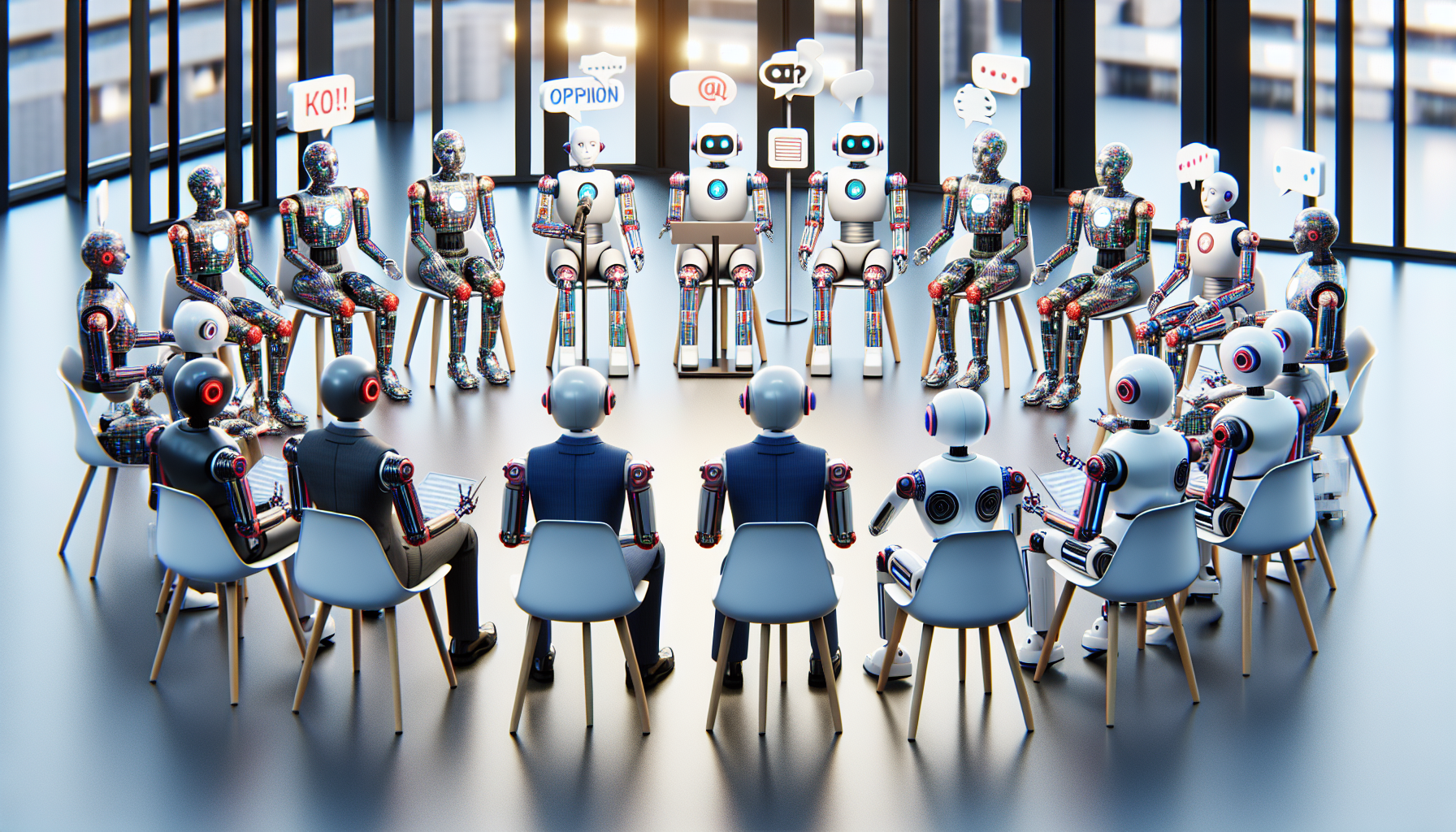
AI in Fashion: Busting Myths and Unveiling Innovations
May 16, 2025
Is AI really revolutionizing the fashion industry, or is it just another buzzword? Let’s unravel the myths surrounding AI in fashion and explore the genuine innovations that are reshaping how we experience style.
First, let's talk about the common misconception that AI is too complex for the fashion industry. Many believe that AI's algorithms and data-centric nature are incompatible with the creative, trend-driven world of fashion. But, surprise! AI is already proving to be a powerful tool, not a hindrance, in the hands of designers and retailers. From predicting trends to personalizing shopping experiences, AI is doing more than just crunching numbers—it's breathing new life into creativity.
Take the idea that AI will replace human designers. This myth could not be further from reality. While AI can generate designs, it lacks the nuanced artistic vision and emotional depth that human designers bring to the table. Instead of replacing them, AI acts as a collaborative partner, offering data-driven insights that inspire innovative designs. Consider AI as a muse, whispering suggestions based on vast datasets of fashion history and current trends, allowing designers to focus on what they do best: creating beautiful, wearable art.
Another fascinating role AI plays is in sustainability—a pressing issue in the fashion world. With consumers increasingly demanding eco-friendly practices, AI is helping brands track and optimize their supply chains to reduce waste and energy consumption. It’s not just a dream; AI-driven analytics provide insights into materials sourcing and production processes, fostering a more sustainable approach to fashion. By predicting demand more accurately, AI helps brands reduce overproduction, one of the fashion industry's biggest sustainability challenges.
Now, let's address the myth that AI-driven personalization invades privacy. In reality, AI enhances the shopping experience by offering personalized recommendations without compromising personal data security. Advanced algorithms analyze purchase history and preference data to curate tailored shopping experiences that feel more like a friendly suggestion than a hard sell. The key is transparency and consumer control over their data, ensuring that AI enhances rather than intrudes upon the customer experience.
And for those who think AI is just for big brands with deep pockets—think again. AI technology is becoming more accessible, allowing smaller brands and independent designers to leverage its capabilities. Thanks to user-friendly platforms and AI-as-a-Service models, even startups can implement AI-driven solutions to enhance their business operations. Whether it's optimizing inventory or engaging customers through chatbots, AI lowers the barrier for entry, enabling creativity and innovation to thrive at all levels of the fashion industry.
A lesser-known yet intriguing application of AI in fashion is its role in augmented reality (AR) fitting rooms. This technology allows consumers to try on clothes virtually, offering a digital shopping experience that closely mimics the in-store experience. It’s not just a gimmick—AR fitting rooms powered by AI can reduce return rates by helping customers find the right fit and style before purchasing.
So, where does all this leave us? AI is not a mythical beast set to devour the fashion industry. It’s a tool—a powerful, adaptable, and increasingly indispensable one at that. The real magic lies in how AI collaborates with human creativity to push boundaries and redefine what’s possible in fashion.
As we peer into the future of fashion, the conversation shifts from "Can AI really do that?" to "What will AI do next?" How will AI continue to shape the way we design, produce, and consume fashion? What new innovations are on the horizon? These questions invite us to think beyond the myths and embrace the exciting possibilities AI brings to the fashion world.


